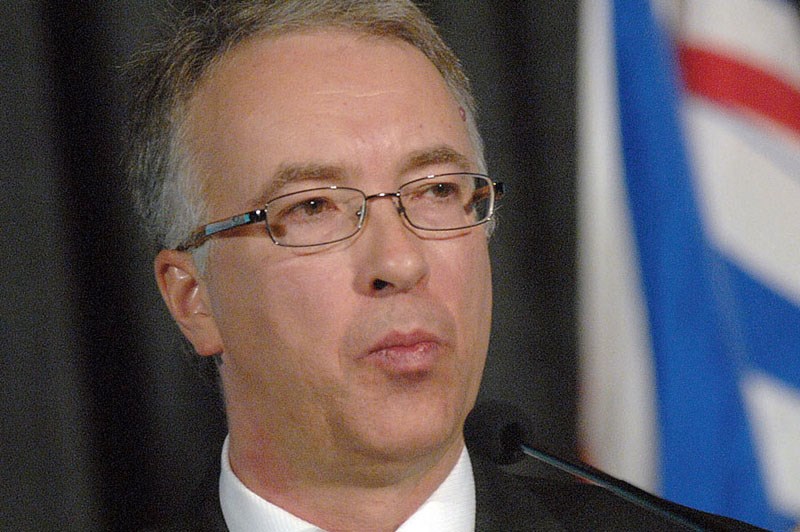Nechako Lakes MLA John Rustad is questioning the wisdom of B.C.'s COVID-19 vaccination strategy and has created a storm of controversy in social media in the process.
In a series of comments on his Facebook page, posted in late January, Rustad said he is seeking an answer after learning constituents in Fort St. James 80 years and older had made appointments to get their shots only to see them canceled.
Rustad then says he will need to confirm this with Northern Health and adds that if it is indeed the case, wonders "who makes the decision to continue to vaccinate an 18-year-old in the same community while not vaccinating a 90 year old with significant health challenges?"
"This makes no sense to me whatsoever and if this is the case someone needs to explain the rationale for making this decision."
Rustad does not say so outright, but his comments are in reference to the provincial health office's decision to include remote, rural Indigenous communities in the first phase.
Vaccinations in those communities are administered by the First Nations Health Authority. According to a posting on the FNHA website, , a "whole community approach" is being taken that, due to limited quantities of vaccine, gives priority to older adults but also also says it is "better to send vaccines to the entire adult population of small, remote First Nations communities, rather than only to the Elders."
Nak’azdli Whut’en, which is located adjacent to Fort St. James and has been hit hard by the virus, is among the communities to receive vaccinations during the first round.
Rustad's first comment on the issue was posted on January 22, the same day the provincial health office made public its four-phase strategy. While it states that those over 80 must wait until the second phase to get their shots, it also says all those living in long-term care homes or on the waiting list for one are included in the first phase.
Northern Health spokesperson Eryn Collins confirmed everyone in that group are getting vaccinated during the first phase.
Rustad's initial posting, since deleted from his page, drew a flurry of comments including one from B.C. Assembly of First Nations regional chief Terry Teegee, who said nearly 36 per cent of people with confirmed cases are Indigenous despite making up less than 17 per cent of the region's population. Teegee went on to accuse Rustad of making hateful and divisive comments without checking the facts.
"We don't need these divisive comments, especially when people are dying," Teegee said.
In a followup posting, Rustad acknowledged the controversy and, in seeking to clarify, repeated his initial concern. "COVID19 is a real risk. Those at the highest risk are people over the age of 80 and especially those with underlying health issues. Therefore, the question that I am asking is straight forward: given the risks and the level of outbreak in Fort St. James, why did vaccinations go ahead for a healthy, low risk age group when they were cancelled for the much higher risk group?"
In a response to a request for comment, the Ministry of Health provided an emailed statement saying the plan is focussed on "those most vulnerable to severe illness and death first, reducing the likelihood of transmission in high-risk settings, and making sure that our health care system is protected and is able to operate efficiently."
"We know many people in B.C. are eager for their turn to be immunized. While vaccine supply is limited, we will continue to immunize people who are the most vulnerable to getting seriously ill or dying from COVID-19, including those who live in remote and rural Indigenous communities.
"We know that indigenous peoples in general are at much greater risk of severe COVID-19 disease including death, and remoteness or geographical isolation increases their vulnerability and the impact that COVID-19 can have in these communities."



